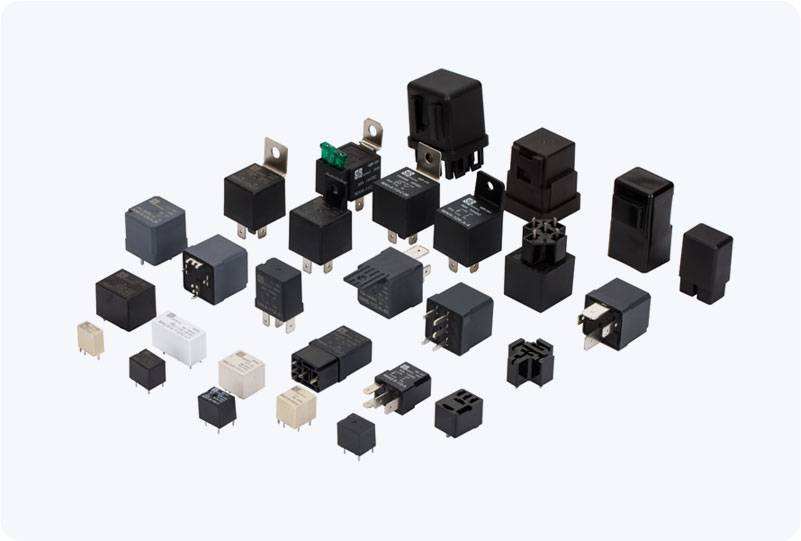The global shift toward sustainable transportation has accelerated with the rise of New Energy Vehicles (NEVs). As the automotive industry embraces electrification, NEVs have become a crucial component in reducing carbon emissions and tackling climate change. However, the transition to electric mobility comes with its own set of challenges, particularly when it comes to supply chain resilience. In this context, Sustainable Supply Chain Resilience (SSR) plays a pivotal role in ensuring the continuity, efficiency, and sustainability of the NEV production process. This article delves into how SSR strategies are being implemented in the NEV industry to address these challenges.

1. The Challenges of the New Energy Vehicle Supply Chain The NEV supply chain is more complex and vulnerable than that of traditional vehicles. This is primarily due to its dependence on specialized materials and technologies, which are critical to the manufacturing of key components like electric batteries, powertrains, and electronic systems. Among the key challenges facing the NEV supply chain are: Raw Material Dependencies: NEVs rely heavily on raw materials like lithium, cobalt, and nickel, which are essential for battery production. The global supply of these materials is highly concentrated in a few regions, and any disruption in their availability can have serious repercussions on the NEV industry.